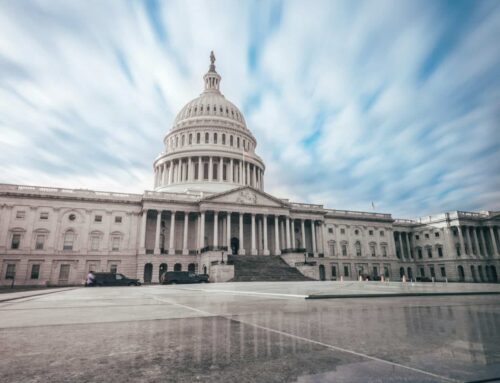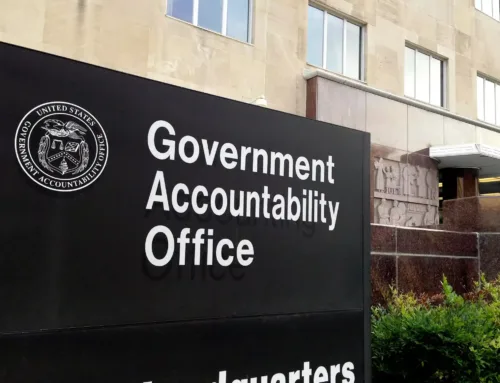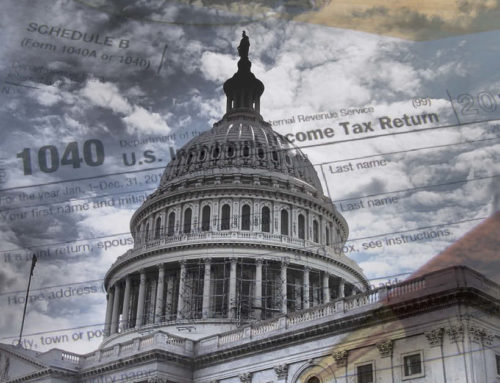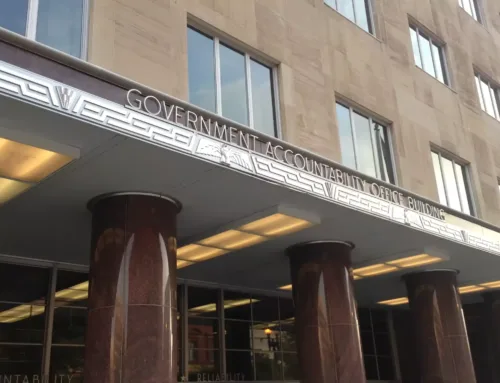Groups on the left also received these government funds. But applying was an especially tough decision for many longtime critics of big government, who suddenly found themselves in need of federal support.
“The CARES Act has created a moral dilemma for those Americans who value freedom,” reads an explanatory essay posted by organization leaders on the website of the Ayn Rand Institute. “The pandemic has cost them their jobs, their savings, their businesses. And they blame a significant part of this loss on the government. But because they oppose government handouts, they worry that accepting CARES money would be a breach of integrity.”
The organization, named for the mid-20th-century author who influenced libertarian and conservative thought, said that it chose to take government funds unapologetically. “For advocates of freedom, individual rights, and limited government to turn down these relief funds means choosing to play only the victim’s role in the government’s bizarre game of ‘loot and be looted.” ’
Americans for Tax Reform Foundation is one of two related tax revision groups led by Norquist, who famously said: “I don’t want to abolish government. I simply want to reduce it to the size where I can drag it into the bathroom and drown it in the bathtub.”
In a statement, the foundation said it applied for the funds after being badly hurt by the government response to the pandemic. It did not oppose the program when it passed, received the loan “and has as a consequence been able to maintain its employees without laying anyone off,” the statement said.
At Citizens Against Government Waste, communications director Alexandra Abrams made a similar argument to justify accepting a loan between $150,000 and $350,000.
“In our 36-year history, we have never sought or accepted taxpayer money,” she said. “But the unprecedented closing down of the U.S. economy to fight against the spread of covid-19 had a significant impact on our funding sources and threatened our ability to provide continued employment to our staff. Had we laid off our staff, they would have qualified for unemployment benefits at a significant cost to the taxpayers. We determined the better path was to apply for the federal funds and provide employment continuity to our employees.”
Another government watchdog, Taxpayers for Common Sense, applied the same logic.
Steve Ellis, president of the widely cited nonprofit advocacy group, said he wrestled with whether to accept government help. The organization’s $178,500 loan is the first government funding the nonprofit has accepted in its 25-year history, he said.
It is necessary to continue the organization’s work, which includes advocating in favor of Cares Act spending transparency.
“I didn’t take the decision to apply [for a PPP loan] lightly. . . . If I was sitting on a pile of cash, I wouldn’t have applied,” Ellis said in an email. “But we’re not, and I need staff to work with me to hold policymakers accountable for how our tax dollars are being spent in the future.”
It wasn’t just the spending hawks who received these funds. A loan of $432,000 was provided to Citizens for Responsibility and Ethics in Washington, a group co-founded by Norm Eisen, who worked in senior positions in the Obama administration.
Several capital-area consulting firms received loans including Fusion GPS, a firm that in 2016 investigated Donald Trump’s Russia ties for Republican and Democratic clients, including Hillary Clinton’s campaign. The company declined to comment. A leading conservative fundraising firm, FLS Connect, received a loan up to $2 million, according to government records. The firm, which has worked for the Trump campaign, did not respond to requests for comment.
Full House Resorts, a casino company headed by the husband of Rep. Susie Lee (D-Nev.), was among several gambling organizations that received PPP funding.
Williams, one of the wealthiest members of Congress, said in a May 5 blog post that his auto dealerships had received PPP loans. Although Williams has been supportive of Cares Act spending, he has traditionally advocated for a sharply limited role of government in U.S. society.
“I’d like to see us get to where government does three things: collect my taxes, defend my borders, help [with] infrastructure and get the heck out of everybody’s life,” Williams said in an interview with Epoch Times in March.
The R Street Institute, a think tank that supports free-market economic policies, was among several libertarian-leaning advocacy groups that received PPP loans.
R Street Institute’s president, Eli Lehrer, said his organization supports the Cares Act and also supports making PPP loan applicants public, adding that he would prefer to see even more transparency with respect to loan recipients.
“Our position has never been that the government had no role in the economy,” Lehrer said, adding that the Cares Act “is exactly the sort of situation where we do support government intervention.”
Among the loan recipients revealed Monday is a company owned by Hern, KTAK Corporation of Tulsa, which owns fast-food franchises. It received between $1 million and $2 million that it said would support 220 jobs.
“In the last 10 years our country’s national debt has grown from $10 trillion to nearly $22 trillion . . . this trajectory is not sustainable,” Hern said in 2018. “While there is no easy fix to this, the first step is clear — stop adding to it.”
But in 2020, as the economic crisis set in, Hern voted in favor of the Cares Act despite its contribution to the national debt, saying in a release: “This isn’t a bailout. It’s a repayment of what the government has taken away from American workers and businesses.”
Miranda Dabney, a spokeswoman for Hern, said the letter was “a bipartisan idea meant to simplify the way loans were calculated,” and said the franchise rule that Hern advocated did not benefit KTAK because it employs fewer than 500 people.
She said the program has achieved its intended objectives.
“These PPP loans are all about paying employees so any expansion or increased funding measures were aimed at helping employees of franchisees stay employed,” Dabney said. “The whole program was designed to keep people off of unemployment.”
Three businesses owned by Buchanan match the names and locations of businesses that received PPP loans. Car dealership Sarasota 500 received between $2 million and $5 million; another auto dealer registered as “600, L C” received between $350,000 and $1 million; and Nissan of Elizabeth City received between $350,000 and $1 million. Buchanan’s office did not return a request for comment.
Several businesses affiliated with Mullin match the names and locations of entities that received PPP funds.
They include Mullin Plumbing Inc. , which received between $350,000 and $1 million, and Mullin Plumbing West Division, which received between $150,000 and $350,000. Meredith Blanford, a spokeswoman, said Mullin is not involved in the day-to-day operation of his business and referred specific questions to his companies.










